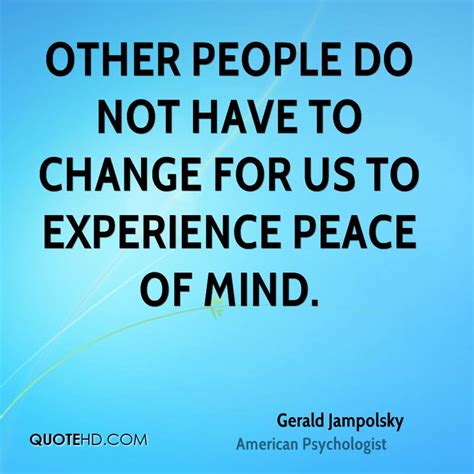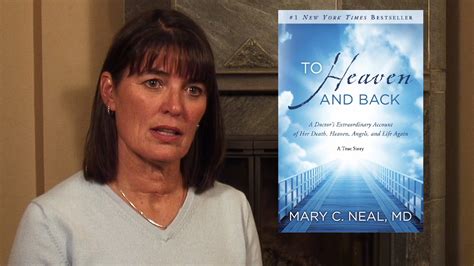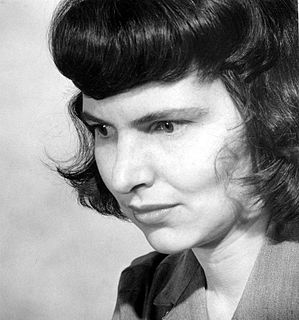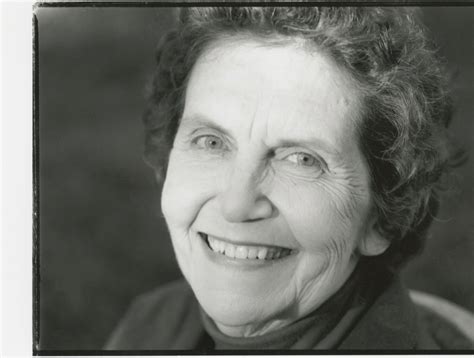A Quote by Melissa Febos
Sometimes I see my students, especially the ones with a gift for the lyrical, reaching far outside the realm of their own experience for language and images. I understand this impulse. We think, in the beginning, that striking exotic words together will create something entirely new. That we must be worldly in our vocabulary. We idolize the styles of other writers and don't trust or perhaps yet know our own.
Quote Topics
Related Quotes
Often when people are claiming that they are not creative, they mean that they are not artists, writers, athletes, or any other media types demonstrating creativity. Or they know someone who always seems to have a lot of ideas and know that they can't match that. We all have a tendency to idolize those who create what we see in the media. I think it's better to use these people as models rather than idols, especially when these people have aspects of their lives that are similar to us. Then we can take their inspiration as we go on to be creative in our own way in our own lives.
The lights of prayer that make us imagine we are beginning to be angels are sometimes only signs that we are finally beginning to be men. We do not have a high enough opinion of our own nature. We think we are at the gates of heaven and we are only just beginning to come into our own realm as free and intelligent beings.
The real challenge is not to get people to remember more, but to get them to understand better. We're just now beginning to be able to show what we can implement with technological tools. I think our interest at Apple is to be the provider of the instruments that will help educators and students create and entirely new kind of learning than what we have now.
More and more people are beginning to feel that there must be another way of thinking, perceiving, and acting. And perhaps the beginning of another way of looking at the world is to re-evaluate all of our beliefs. It is, after all, our beliefs that determine what we are, experience, and expect. When we are willing to take a new look at our own beliefs, we then have an opportunity to begin rediscovering who and what we are and to redetermine our true purpose on Earth.
I feel as though I am trying to describe a three-dimensional experience while living in a two-dimension world. The appropriate words, descriptions, and concepts don't even exist in our current language. I have subsequently read the accounts of other people's near-death experiences and their portrayals of heaven and I am able to see the same limitations in their descriptions and vocabulary that I see in my own.
The lesson of the Federation should be that the lesson is over. Australia must have a new idea of itself. We have to strike out in a new direction, in a new way, armed with our own self-regard, our own confidence and fully appreciating our own uniqueness. All other roads will lead us into the shadow of great powers.
Sexuality is a part of our behavior. It's part of our world freedom. Sexuality is something that we ourselves create. It is our own creation, and much more than the discovery of a secret side of our desire. We have to understand that with our desires go new forms of relationships, new forms of love, new forms of creation. Sex is not a fatality; it's a possibility for creative life. It's not enough to affirm that we are gay but we must also create a gay life.
I don't think there is any scientific evidence about the question of whether we think only in language or not. But introspection indicates pretty clearly that we don't think in language necessarily. We also think in visual images, we think in terms of situations and events, and so on, and many times we can't even express in words what the content of our thinking is. And even if we are able to express it in words, it is a common experience to say something and then to recognize that it is not what we meant, that it is something else.
Perhaps that is our doom, our human curse, to never really know one another. We erect edifices in our minds about the flimsy framework of word and deed, mere totems of the true person, who, like the gods to whom the temples were built, remains hidden. We understand our own construct; we know our own theory; we love our own fabrication. Still . . . does the artifice of our affection make our love any less real?
...when the words pour out of you just right, you understand that these sentences are all part of a river flowing out of your own distant, hidden ranges, and all words become the dissolving snow that feeds your mountain streams forever. The language locks itself in the icy slopes of our own high passes, and it is up to us, the writers, to melt the glaciers within us. When these glaciers break off, we get to call them novels, the changelings of our burning spirits, our life's work.
More people should visit Antarctica, metaphorically speaking, on their own. That is one of the conclusions I have reached, one of my recommendations: explore something, even if it's just a bookshelf. Make a stab in the dark. Read off the beaten path. Your attention is precious. Be careful of other people trying to direct how you dispense it. Confront your own values. Decide what it is you are looking for an then look for it. Perform connoisseurship. We all need to create our own vocabulary of appreciation, or we are trapped by the vocabulary of others.
































